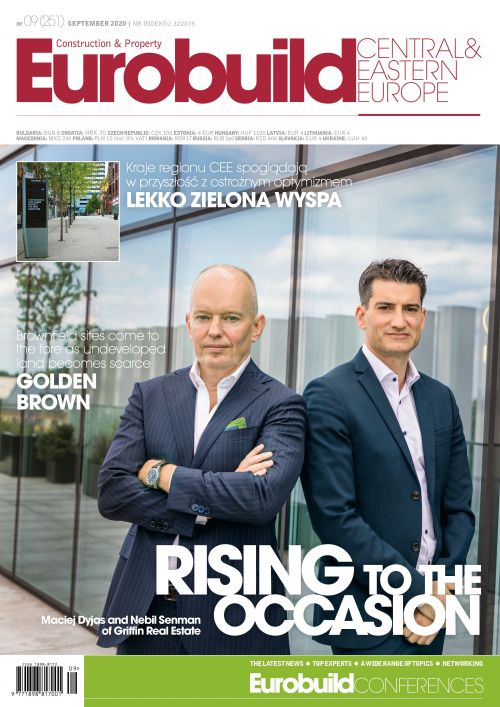Similarly, a notable increase has been observed in the interest in institutional PRS (the private rental sector). Even though private apartment rentals have seen a slowdown and decline in rents, the interest in renting modern apartments in such institutional PRS projects remains strong. And since they are still in short supply on the market, they have also sparked noticeable interest from institutional investors.
The largest residential developers have also not seen any significant declines in the sales of apartments (however, the overall number of sales was lower than expected), nor has there been any decrease in their prices – therefore there has been no shift from apartments for sale to PRS projects. As a result, the overall number of PRS products on the market has not substantially increased over the past few months. As we wait for the market to react and new valuations of office and commercial projects, this gap could start to narrow, leading to an increasing number of transact





























































